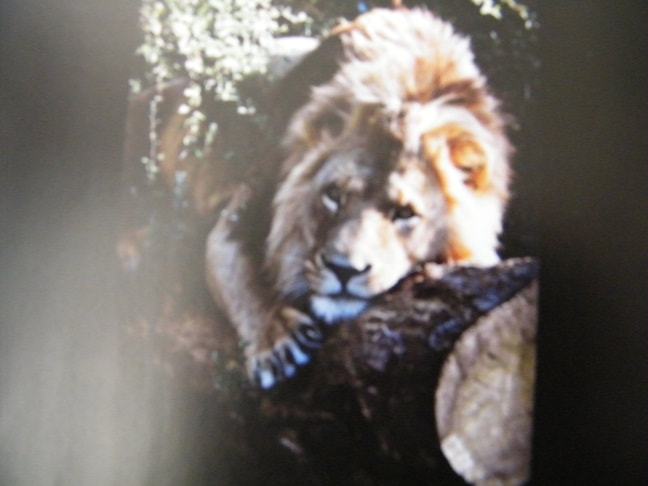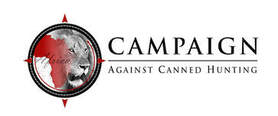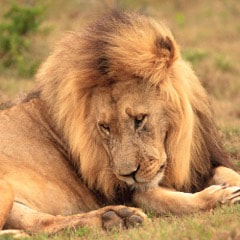
A critique of the recently published article titled “The Ethics of human -animal relationships and public discourse: a case study of lions bred for their bones.”
- All cats have four legs
- my dog has four legs
- therefore my dog is a cat.
This is a syllogism which I frequently use in argument to expose the logical flaws in the hunting narrative which runs something like this:
- all conservationists wish to preserve wilderness
- hunters wish to preserve some aspects of wilderness so that they can hunt and kill
- therefore hunters are conservationists.
Recently a herd of academics associated with Oxford University put out an article on the use of logic methodology, using the lion bone trade as a case study. They take a few of the arguments used to justify captive lion breeding for the lion bone trade as well as some opposing arguments and point to the lack of logic on both sides in seeking to make definite claims where only uncertainty exists.
I was looking forward to read the article because I offer a three- day course at the Karoo Wildlife Centre on animal advocacy with particular reference to lion farming, canned lion hunting and the lion bone trade. I hoped that I might get some useful course material.
I was disappointed. Twenty-one pages of dense text was enough to give me a headache - and leave me no wiser than before.
I don’t know who this article was aimed at, unless it is a mere academic exercise. I can’t think of anyone in South African conservation who would derive any benefit from reading it.
Calling it a case study with reference to the lion bone trade is a misnomer because the few references to the lion bone trade were superficial - nothing new there - and completely overshadowed by the mentally suffocating mass of academic verbiage.
That would have been bad enough but the article has clearly suffered from a heavy edit to remove or restate anything which could cause the slightest offence to any person living on our planet or within our galaxy.
The result is political correctness run wild leaving a piece which is so bland as to be virtually non-existent.
If you want to learn about logic to improve your ability to see through false claims being made in politics or conservation, then read a book on how to identify flawed logic. I recommend a little book by Professor Thouless titled ‘Straight and Crooked Thinking’ which is probably out of print, but there are others.
This article will not help you at all. And if you were hoping for some wisdom on the lion bone trade then all you will get is the realisation of how far away from the blood and guts and dust and flies of real conservation is the academic world.
Don’t waste your time reading this article.

